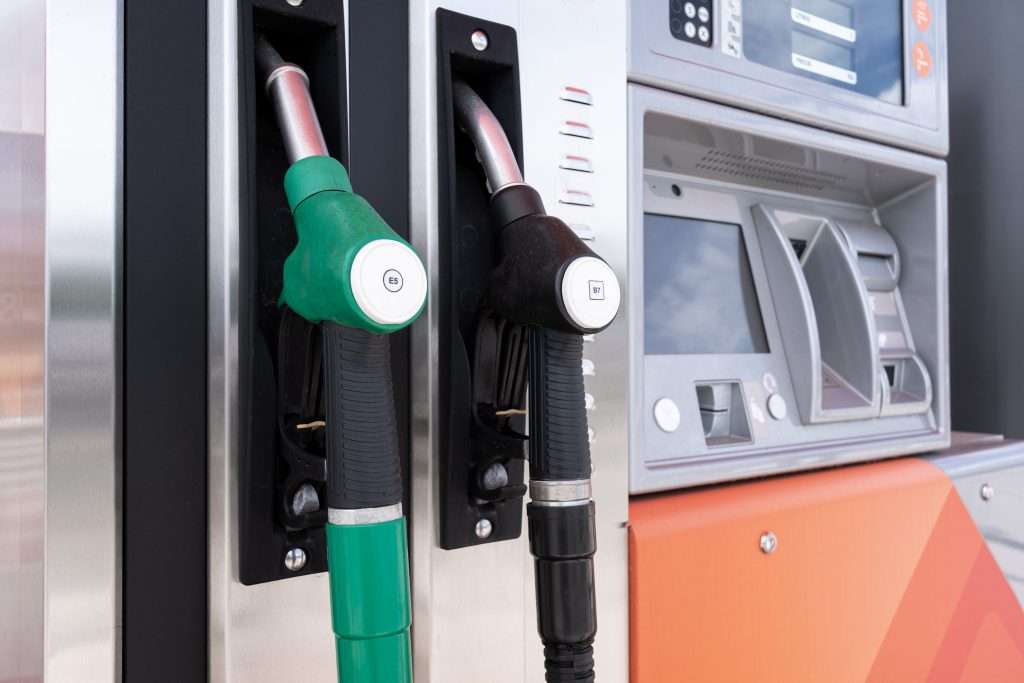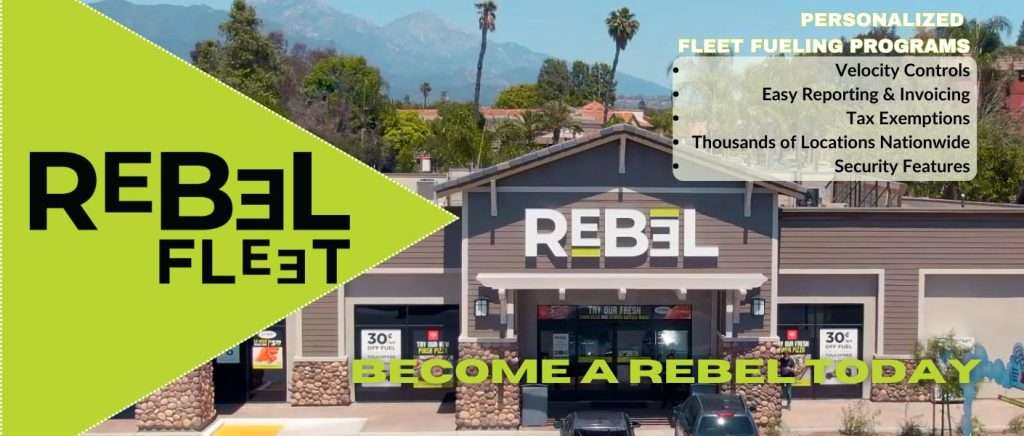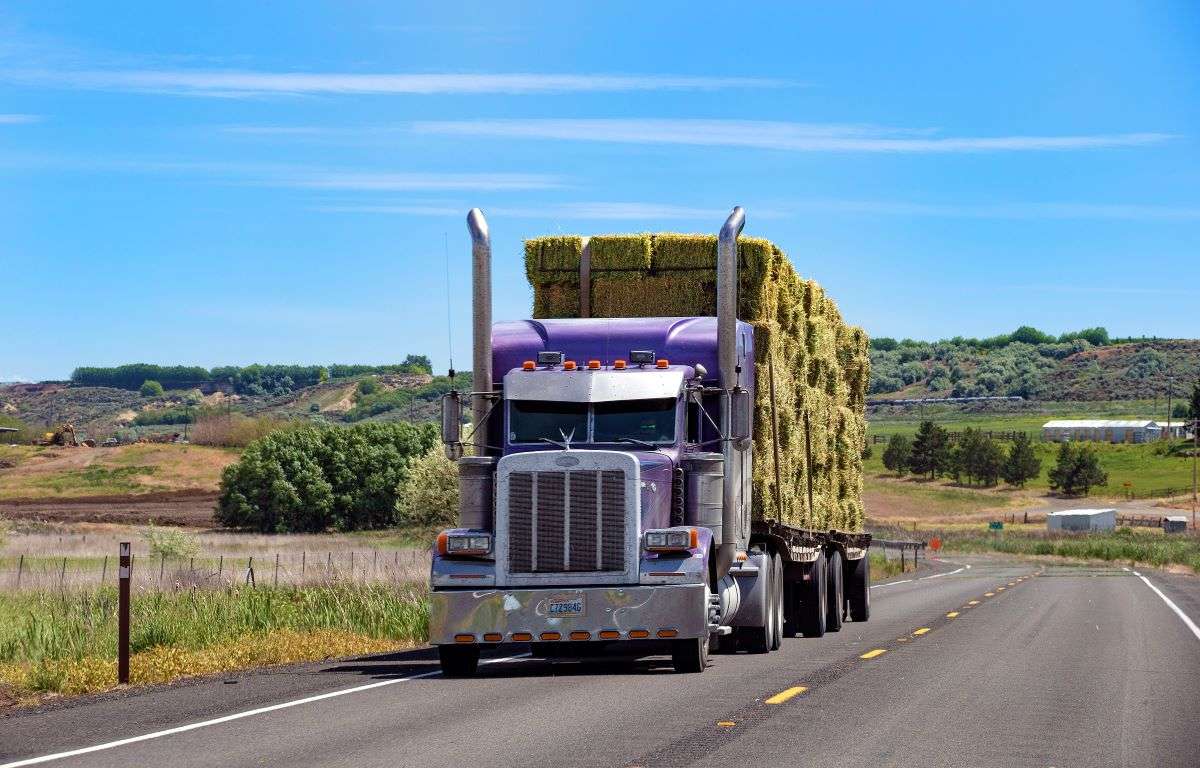As the push for cleaner, more sustainable fuels continues to grow, fleet operators are increasingly looking to biofuels as an alternative to traditional diesel and gasoline. Among the most widely discussed biofuels to replace diesel are biodiesel and renewable diesel. Both these options help reduce carbon emissions and are made from renewable sources. However, despite their similarities, they are quite different in terms of production, performance, and environmental benefits.
At Rebel Fleet, we recognize the delicate balance fleet managers face when trying to lower their carbon footprint while still optimizing efficiency and profit. Fortunately, there are ways to do both. Let’s discuss the difference between biodiesel and renewable diesel and help you decide which fuel option is best for your fleet.
Table of Contents
The Rise of Biofuel
The transportation industry has long been a significant contributor to greenhouse gas emissions. As concerns over climate change and environmental impact increase, many businesses are exploring alternative fuels to reduce their carbon footprints. Biofuels—renewable fuels made from organic materials—have become a major part of this shift away from fossil fuels.
Fossil fuels like oil and natural gas are cheap and effective, which is why they’ve powered the transportation industry for so long. However, extracting fossil fuels is harmful to the land, and they’re a finite resource that we can’t rely on indefinitely. Perhaps worst of all, these fuels produce a lot of carbon dioxide when used. Burning fossil fuels accounts for about three-fourths of human-caused emissions.
That’s why a renewable, cleaner energy source is needed. While ethanol has been a major player in gasoline alternatives, biodiesel and renewable diesel are the two popular biofuels to consider for your diesel engines. Both fuels provide cleaner alternatives to traditional fossil fuel diesel. But what’s the difference between biodiesel and renewable diesel, and which is better?

Comparing Biofuels: The Difference Between Biodiesel and Renewable Diesel
While biodiesel and renewable diesel share a similar origin—derived from plant oils, animal fats, and waste oils—their production processes, chemical compositions, and end-use performance differ significantly. Let’s break down these key differences.
- Production Process:
- Biodiesel: Made through transesterification, a process in which oils or fats are converted into fatty acid methyl esters (FAME). This process creates a product that must be blended with conventional diesel for use in most diesel engines.
- Renewable Diesel: Produced via hydrotreating, where oils are treated with hydrogen to remove impurities. The result is a fuel that’s chemically identical to fossil diesel and can be used directly in diesel engines without blending.
- Chemical Composition:
- Biodiesel: Comprised of fatty acid methyl esters (FAME), which means it’s not chemically identical to petroleum diesel.
- Renewable Diesel: Chemically identical to petroleum diesel, allowing it to be used as a drop-in replacement in any diesel engine without modification.
- Use in Diesel Engines:
- Biodiesel: Must be blended with traditional diesel (e.g., B5 or B20 blends) to be used in most engines.
- Renewable Diesel: A drop-in fuel that can be used in existing diesel engines and infrastructure without any blending.
- Environmental Impact:
- Biodiesel: Reduces greenhouse gas emissions compared to petroleum diesel, but typically less so than renewable diesel.
- Renewable Diesel: Generally offers greater emissions reductions than biodiesel, making it a more eco-friendly choice.
Advantages of Renewable Diesel
Both these biofuels represent an environmentally beneficial alternative to traditional diesel. But for many fleets, renewable diesel (also known as green diesel) is the superior choice. While biodiesel was previously the leading diesel alternative, renewable diesel has taken the lead. It’s easier to use, more efficient, and better for our planet.
Compatibility and Convenience
One of the biggest advantages of renewable diesel is its drop-in compatibility. Because renewable diesel is chemically identical to fossil diesel, it can be used directly in any diesel engine or infrastructure. No additional modifications or fuel blending are necessary. On the other hand, biodiesel requires blending with petroleum diesel and can sometimes cause issues with engine performance, especially when used in higher blends.
Renewable diesel’s compatibility with existing infrastructure makes it an attractive option for businesses looking to adopt a cleaner fuel without overhauling their operations. Plus, that identical composition means green diesel is almost as fuel-efficient as traditional diesel, whereas biodiesel does not provide as much power.
More Eco-Friendly
Renewable diesel also offers more environmental benefits than biodiesel. Studies have shown that renewable diesel can reduce emissions by up to 86% compared to petroleum diesel, making it one of the most eco-friendly fuels available today. While biodiesel also reduces emissions, the difference is not as significant. Additionally, biodiesel cannot be used on its own, meaning you’re only getting a fraction of the benefits since you’re still relying on mostly fossil fuels.
In addition to reducing carbon emissions, renewable diesel also lowers particulate matter and nitrogen oxide emissions, contributing to cleaner air and improved public health. This makes renewable diesel an ideal choice for fleets that prioritize sustainability and want to minimize their environmental impact.
Is Renewable Diesel Right for Your Fleet?
If your primary goal is reducing emissions without making major changes to your fueling systems, renewable diesel may be the perfect solution. You don’t need to purchase new equipment or vehicles and won’t need to worry about finding the right blend of diesel and biodiesel.
There are cost benefits to switching to renewable diesel, too. As its production increases, its price becomes more competitive. There are many financial subsidies and incentives to make these greener alternatives wallet-friendly. And it’s worth considering that making the switch to biofuel is a long-term investment: fossil fuels won’t last forever, and a change is needed to keep our environment healthy and our industry powered.

How Rebel Fleet Can Help You Go Green
At Rebel Fleet, we are committed to providing personalized fleet fueling solutions for your unique needs. Whether your fleet still needs traditional diesel or is transitioning to biofuels, our fleet fuel cards have you covered.
You need a flexible fueling option that changes with your fleet’s needs and the industry’s growth. Our fleet cards provide access to a nationwide network of fueling stations, and our advanced reporting tools help you track fuel usage and emissions reduction. Plus, our 24-hour customer service and dedicated support team are always available to help you navigate the evolving world of sustainable fueling.
Ready to make the switch to a cleaner, more eco-friendly fuel without sacrificing convenience or cost-efficiency? Rebel Fleet is here to help you optimize your fleet’s performance and sustainability. Contact us today to learn more about how we can support your green transition.

